How to deal with altitude before hiking the inca trail ?
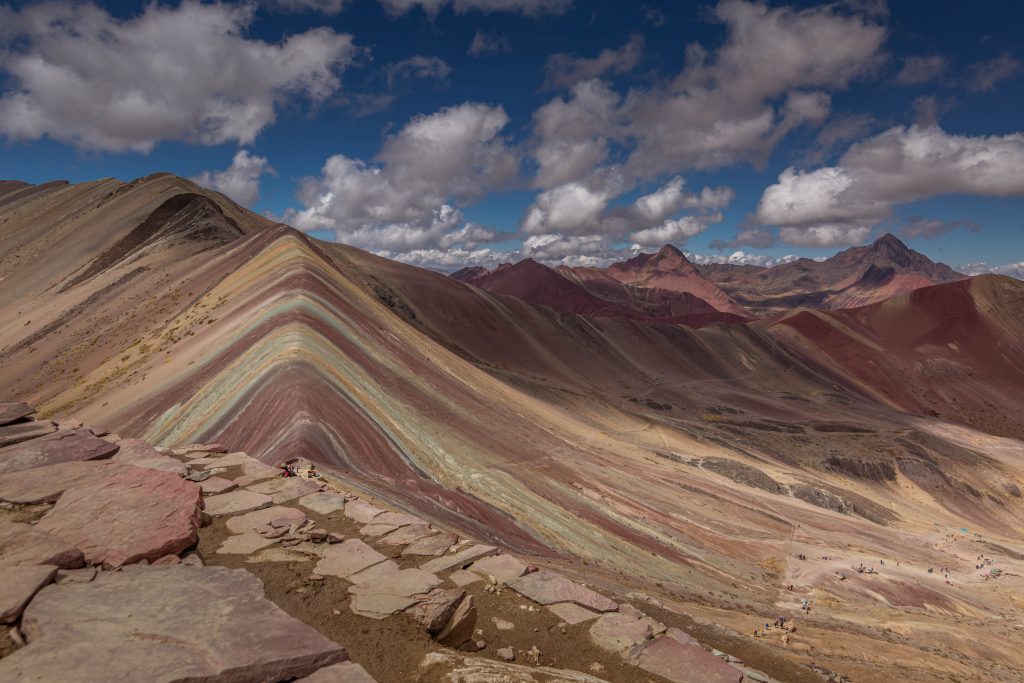
Dealing with altitude before hiking the inca trail To acclimatize to the altitude before hiking the Inca Trail in Peru, especially if you’re coming from a lower elevation, it’s important to take some precautions to reduce the risk of altitude sickness. The Inca Trail reaches elevations of over 4,200 meters (13,800 feet) at its highest point, so acclimatization is crucial. Here are some steps to help you prepare:.
1. Spend Time at a Higher Elevation Beforehand:
Dealing with altitude before hiking the inca trail Arrive in Cusco a few days before your trek to give your body time to acclimate to the higher altitude. Cusco is situated at an altitude of around 3,400 meters (11,150 feet).
2. Gradual Ascent:
If possible, gradually ascend to higher altitudes rather than flying directly into Cusco. This can help your body adjust more comfortably.
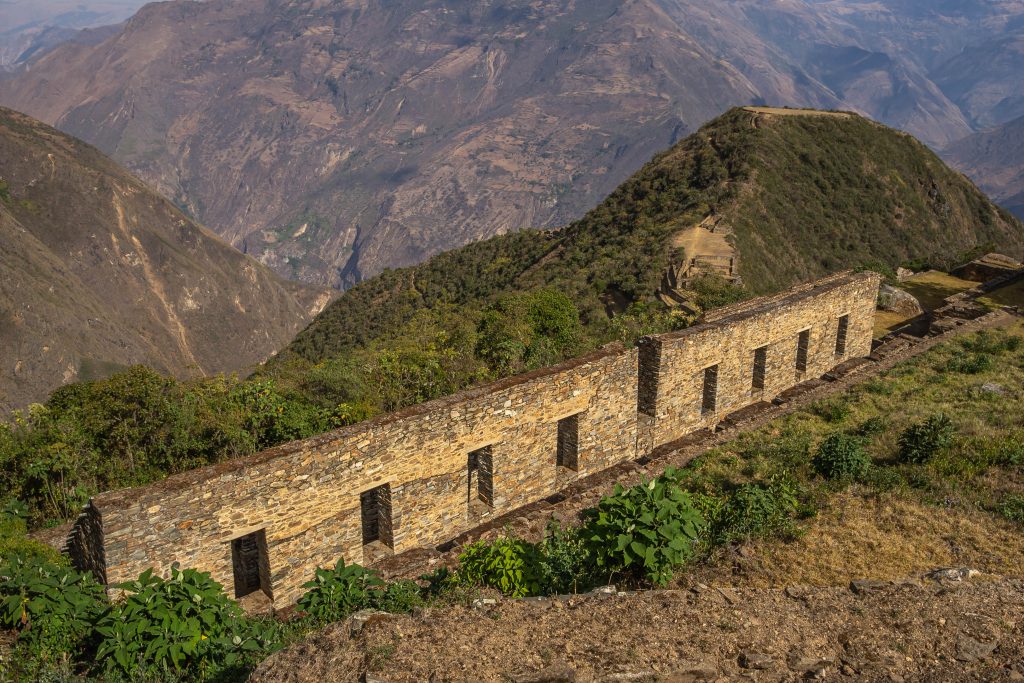
3. Stay Hydrated:
Drink plenty of water to stay hydrated, but avoid alcohol and caffeine, as they can contribute to dehydration
4. Eat Light and Healthy:
Dealing with altitude before hiking the inca trail Consume light, easy-to-digest meals rich in carbohydrates and low in fats. Avoid heavy, greasy, and spicy foods that can exacerbate altitude sickness symptoms.
5. Medication:
Consult with a healthcare professional about medications such as acetazolamide (Diamox) that may help prevent altitude sickness. Always follow their advice and prescription.
6. Rest:
Dealing with altitude before hiking the inca trail Get plenty of rest and take it easy during the first couple of days in Cusco to allow your body to adapt.
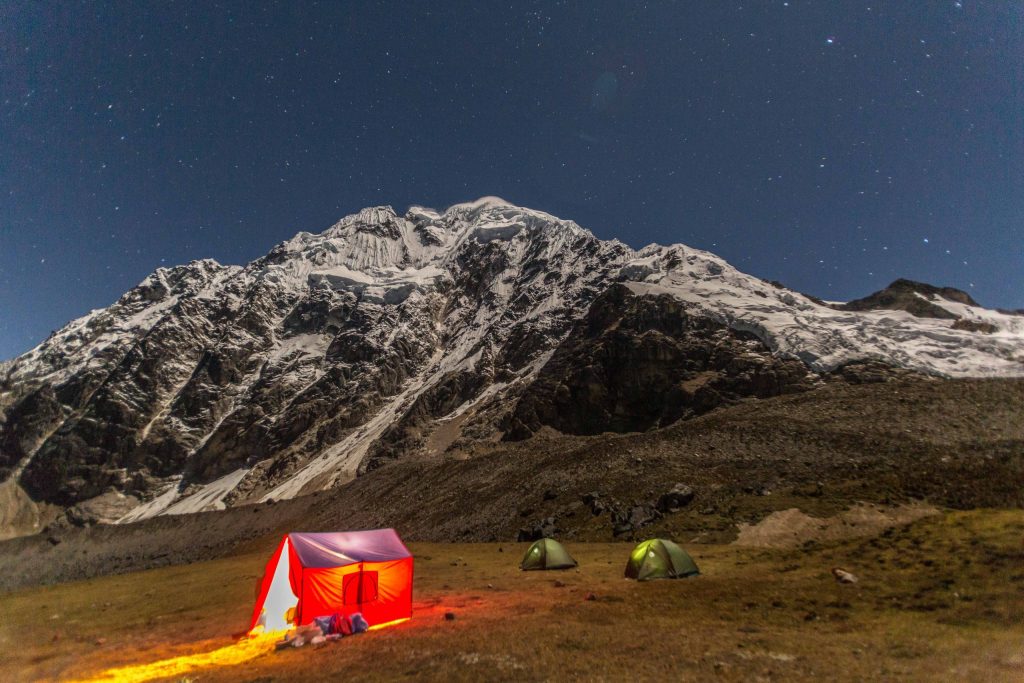
7. Avoid Overexertion:
When you start hiking the Inca Trail, pace yourself and don’t push too hard. Take breaks as needed and don’t rush.
8. Coca Tea:
Some people find that drinking coca tea (mate de coca) helps alleviate mild symptoms of altitude sickness. It’s a common remedy in the region, but it may not work for everyone.
9. Listen to Your Body:
Pay attention to any symptoms of altitude sickness, which can include headache, dizziness, nausea, and shortness of breath. If you experience severe symptoms, descend to a lower elevation immediately and seek medical help if necessary.
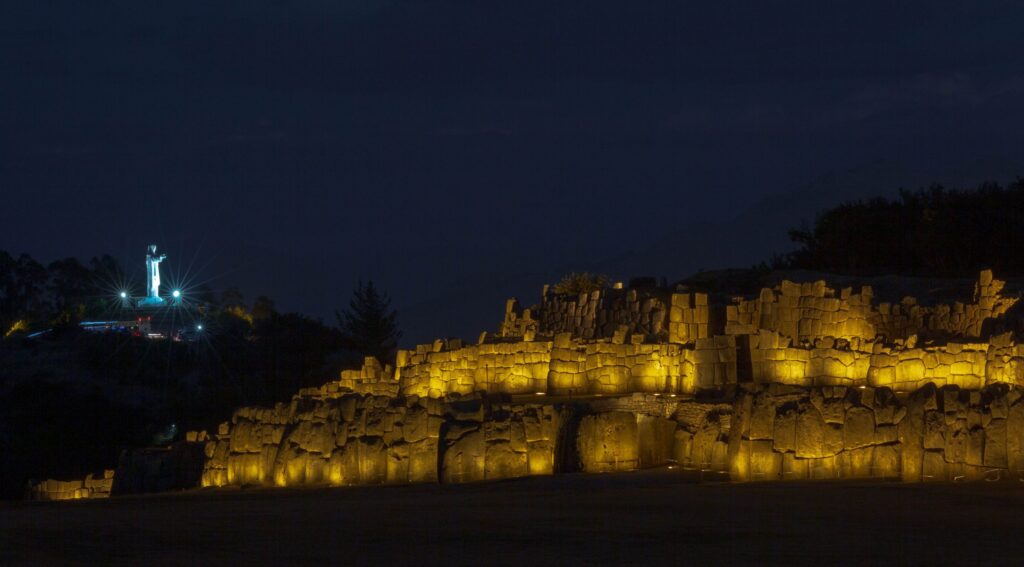
10. Altitude Sickness Prevention:
Learn about the signs and symptoms of altitude sickness and educate yourself on how to prevent and manage it.
Remember that everyone’s body reacts differently to high altitudes, so it’s essential to be cautious and prioritize your health and safety when hiking the Inca Trail. If you have any pre-existing medical conditions or concerns, consult with a healthcare professional before embarking on the trek.
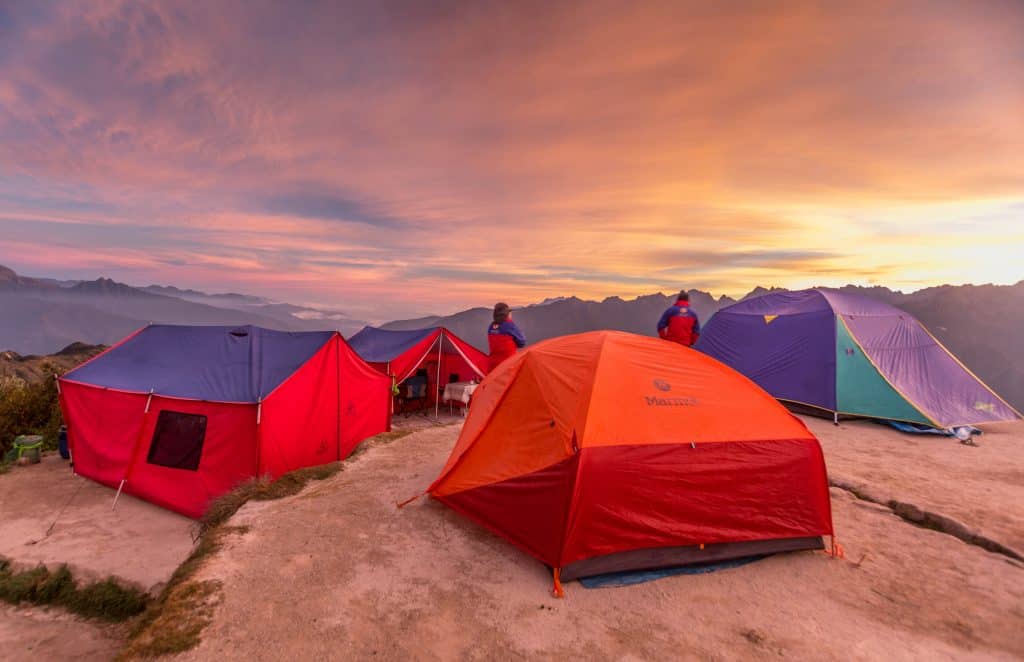
Leave a Reply